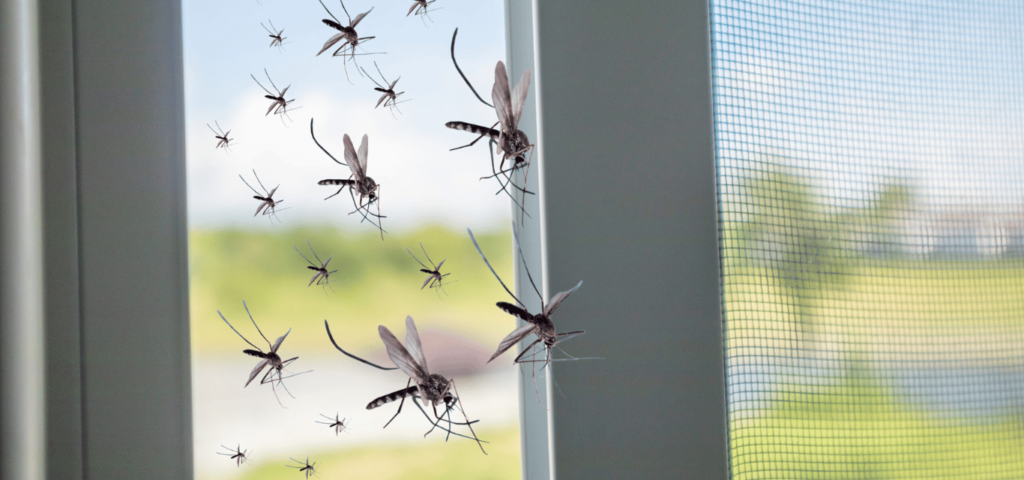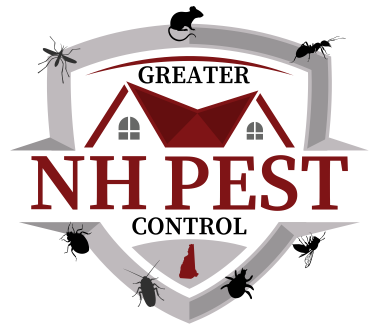About Mosquito Control
Overview of Mosquito Control
Mosquitoes are a common nuisance in New Hampshire, particularly during the warmer months. These pesky insects are attracted to environments with standing water, making areas around homes and businesses prone to infestations. Mosquitoes lay their eggs in stagnant water, and clogged gutters, birdbaths, and flower pot saucers are potential breeding grounds. Additionally, poorly maintained ponds or pools can become ideal habitats for mosquito larvae. In residential areas, outdoor spaces with lush vegetation and tall grass also provide resting spots for adult mosquitoes during the day.
To control mosquitoes in New Hampshire, it’s essential to eliminate standing water sources around homes and businesses. Regularly clean and maintain gutters, fix leaks, and ensure proper drainage to reduce breeding sites. Utilizing mosquito repellents and implementing protective measures, such as installing screens on windows and doors, can help minimize indoor infestations. Professional pest control services in New Hampshire can offer tailored solutions, including mosquito treatments and ongoing monitoring, to create a more comfortable and mosquito-free environment for residents and businesses in the region.



RESIDENTIAL OR COMMERCIAL: WE HAVE YOU COVERED!
Our Mosquito Control Program
Mosquito Program
For Residential & Commercial- Services are typically May-Sept, with a treatment approximately every 30 days.
- We will treat the property line, trees and shrubs in your yard.
- We use EPA Registered Products.
- Mosquitoes like to live underneath the leaves on trees. We will treat 4 feet and up on a tree for best results.
- We will educate the customer on how they can help reduce the mosquito population on their property.
5 Things That Attract Mosquitoes
Avoid and Monitor These Things To Help Prevent Mosquitoes In Your Home & Business

Standing Water
Mosquitoes are drawn to stagnant water, such as clogged gutters and birdbaths, ideal for breeding.

Overgrown Vegetation
Tall grass and lush vegetation become resting spots for mosquitoes, increasing the risk of infestations.

Stagnant Water Features
Poorly maintained ponds or pools with stagnant water become ideal mosquito breeding grounds.

Outdoor Lighting
Mosquitoes are attracted to outdoor lighting, making well-lit areas more susceptible to mosquito activity.

Body Odor & Sweat
Mosquitoes are drawn to body odor and sweat, making individuals outdoors more prone to bites, especially in warmer months.
Entry Methods: Mosquitoes
Where are common locations for entry?
- Windows
- Doors
- Standing Water
- Overgrown Vegetation





STEPS TO HELP YOU CONTROL MOSQUITOES
Effectively controlling mosquitoes in New Hampshire requires a proactive approach focused on eliminating breeding sites and minimizing attractants.
- Begin by regularly inspecting and eliminating standing water around homes and businesses, including clogged gutters, birdbaths, and flower pot saucers.
- Ensure proper drainage and fix leaks to prevent water accumulation.
- Trim overgrown vegetation to reduce resting spots for adult mosquitoes, and use mosquito repellents when spending time outdoors.
- Consider installing screens on windows and doors to prevent mosquitoes from entering indoor spaces.
- Using our professional pest control services can provide targeted mosquito treatments and ongoing monitoring to address infestations and create a more comfortable and mosquito-free environment.
Combining these measures helps mitigate the risk of mosquito-borne diseases and promotes a pest-free living or working space.

Inspect:
When seeing pests, find out where they are getting in or give us a call!

Protect:
Fixing entry method points so pests can no longer have access into your home or business.

Maintain:
By always being proactive of what attracts pests and keeping a clean environment.
Common Mosquito Control FAQs
Below are common Mosquito Control FAQs, if you have any other questions please do not hesitate to reach out.
In NH, the most effective methods for mosquito control include eliminating standing water where mosquitoes breed, using insect repellents suitable for our local mosquito species, installing screens on windows and doors, and partnering with professional mosquito control services like us, that understand the unique challenges of our region.
To prevent mosquitoes from breeding in your yard, regularly empty and clean out containers that collect water such as flower pots, bird baths, and gutters. Given our seasonal weather, it’s also essential to address drainage issues promptly and consider utilizing mosquito dunks or larvicides in areas prone to water accumulation.
Yes, several natural methods tailored to NH can help control mosquitoes. These include planting mosquito-repelling plants suitable for our climate, such as catnip, rosemary, and basil. Additionally, partnering with a mosquito control company like us who offers organic methods to control these pests can be effective in our region.
When selecting a professional mosquito control service in NH, prioritize companies familiar with our local mosquito species and weather patterns. Look for providers offering programs that focus on strategies tailored to our region, environmentally friendly products, thorough inspections, and ongoing maintenance plans to keep your property mosquito-free throughout the changing seasons.
The duration of mosquito control treatment in NH can vary based on factors such as our seasonal weather fluctuations and the severity of the mosquito population. Generally, professional treatments can provide protection for several weeks to a few months, but regular maintenance may be necessary, especially during peak mosquito season in summer and early fall.
